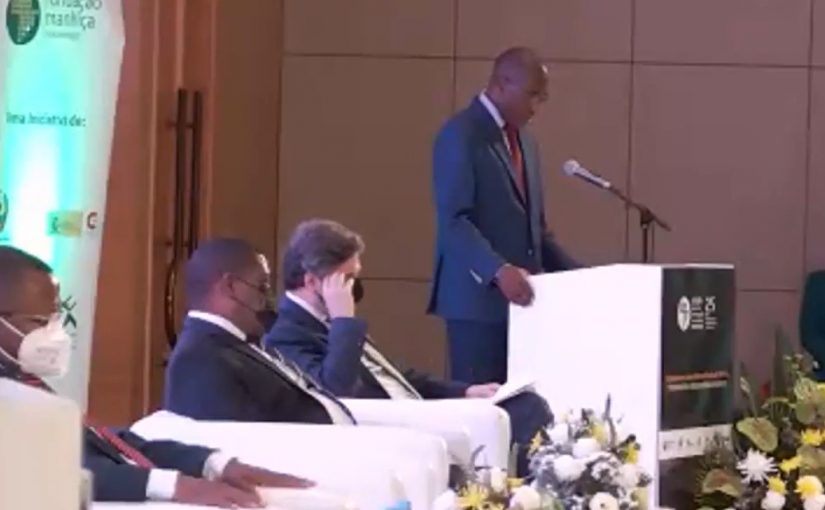Gavi, WHO, and UNICEF strengthen commitment to cervical cancer prevention in Mozambique, protecting ...
Mozambique: Preventable diseases kill over 300 children a day

Screen grab: CISM . Centro de Investigação em Saúde de Manhiça
Curable and preventable diseases such as malaria, respiratory infections and diarrhea kill daily, in Mozambique, around 320 children under the age of five.
The data were advanced on Thursday by the Minister of Health, Armindo Tiago, during the 2nd Global Health Symposium of the Manhiça Foundation, in Maputo Province.
According to the minister, the high number of deaths occurs despite the reduction in poverty rates in Mozambique, which fell from 63 percent of the population in 2003 to 48 percent in 2015.
“The causes are linked to poverty, and to lack of financial and of qualified human resources for the development of scientific research”, he explained.
“In Mozambique, every day, 320 children die under the age of five, victims of preventable and curable diseases such as malaria, diarrhea and infectious diseases. Despite the gradual easing of penury and the role of research for evidence-based policy making, challenges still persist at the sector level to provide adequate treatment to control child mortality, especially in vulnerable populations”, stated the minister.
According to Tiago, the insufficiency of qualified human and financial resources and adequate infrastructure to carry out a research agenda that responds to local problems and transform the results of these investigations into practice is a major challenge.
For his part, the Spanish ambassador to Mozambique, Alberto Cerezo, considers infectious and transmissible diseases as the main cause of poverty in the world, adding that his government is available to aid Mozambique in the development of research in the Center for Health Research in Manhiça (CISM).
“When we talk about health in Mozambique and in Africa is necessary to talk about global justice and inequality of access to health in the world. In developing countries, infectious diseases are the biggest cause of poverty. The poor biomedical knowledge of the main diseases that cause mortality is due to a serious lack of investment in neglected diseases”, he said.
“Spain has been cooperating with Mozambique for 40 years, in various sectors, including health and the fight against terrorism”, he stressed.
Last year, he recalled, the Spanish government signed an agreement for new strategies, for the next four years, for support in the northern region of the country.
“We are participating in the training of marines with the European Union,” he stated, congratulating Mozambique for its recent election as a non-permanent member of the United Nations Security Council, underlining that “the country will have the opportunity to gather experiences in dealing with difficult issues in the world.”
Spain has been the largest partner of the CISM since its foundation 26 years ago.












Leave a Reply
Be the First to Comment!
You must be logged in to post a comment.
You must be logged in to post a comment.